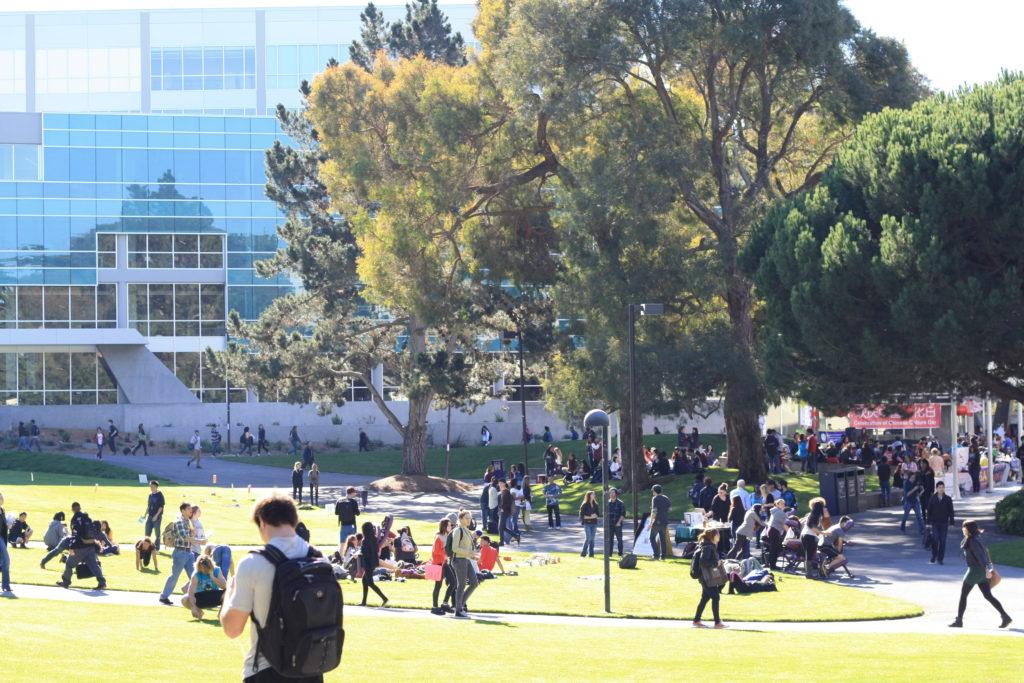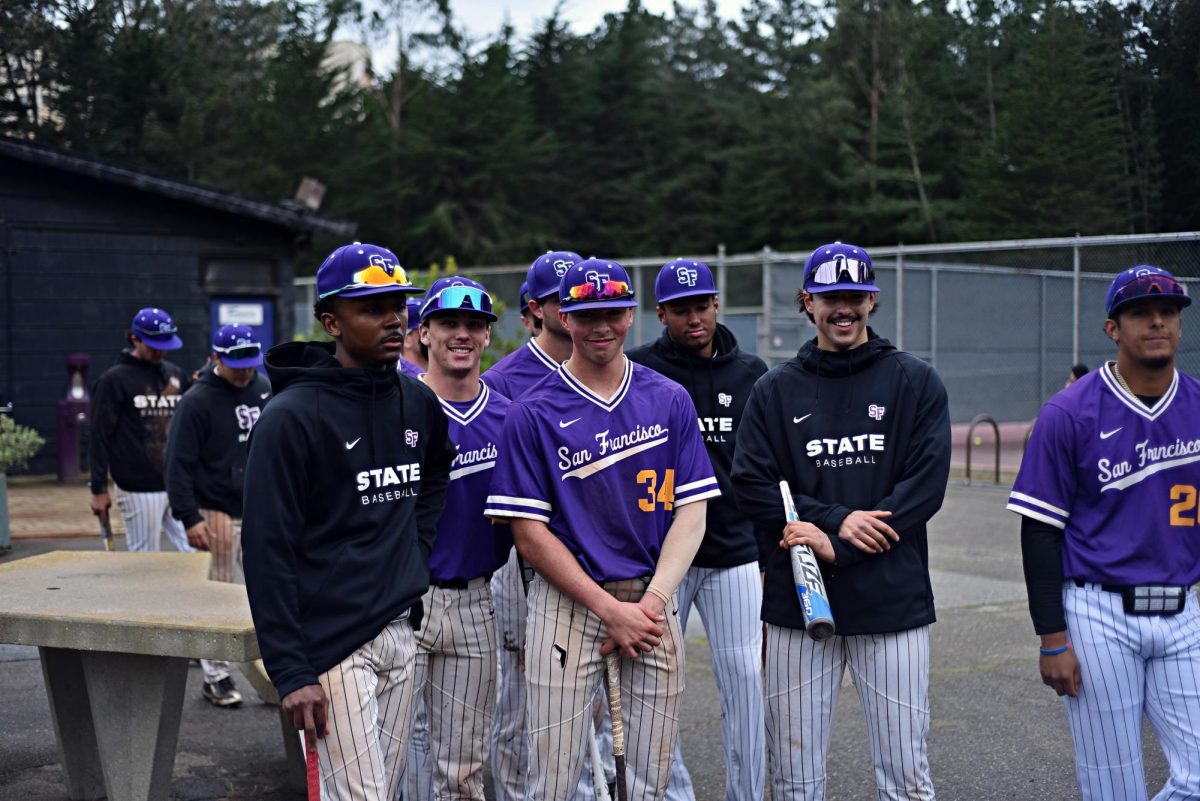The Metro College Success Program is expanding the science academy from two cohorts to four due to an increase of interest in the field, according to Metro Student Services Director Rama Kased.
Metro is a targeted outreach initiative to support first-generation, low-income students in their first two years of college and it currently has 12 academies spread across all six of the university’s colleges, but soon there will be 14, Kased said.
She said the expansion of the science program will serve 560 students, 280 students more than the current two science academies could hold.
The funding of the current expansion is coming from SF State’s Student Success Initiatives budget.
“I would say my life changed with Metro because I am supported by my Metro peers and counselors,” said Jacqueline Poon, a family and consumer science and Metro student.. “I would be overwhelmed by the class choices and would not have the same support [if it weren’t for] Metro.”
The program offers a guided track to help students complete general education requirements while pursuing a desired theme of study. Students in each of the academies can take general education courses that count toward all graduation requirements, even if they end up changing their focus of study.
“It makes me feel happy as I believe the more students that are served, the better,” said Emelyn Flores, a Metro Health 2 academy student. “Especially at SF State it could be hard to navigate through such an impacted school and you have Metro there to help you along the way.”
The Metro Science Academy exposes students to the skills and classes they need to succeed in the majors under the College of Science and Engineering.
“As part of the program, students travel in a cohort over two years, taking classes together and building community and fostering their scholarly identity as science students,” said Genievive del Mundo Mendieta, the Metro Academy of Science Coordinator. “We see a need, the students thrive in the Metro setting. They are more likely to stay at [SF State and graduate].”
Metro, in partnership with City College of San Francisco, launched its first cohort in 2009.
According to a 2017 survey conducted by Metro, 64 percent of students in the program enter college needing remedial education compared with 46 percent of students of similar backgrounds. Despite this, Metro students have a six-year graduation rate of 63 percent compared with a 55 percent rate for their peers.
“We can’t pinpoint one thing that makes a difference, but it’s a combination of our faculty, the cohorts, and the learning communities,” Kased said. “[Students] are developing those communities where they feel welcomed and smart.”
The program works to help students transition from high school to college or from community college to SF State, in a supportive environment while preparing them for success in the real world after graduation.
“In the first two years, you’re still adjusting to the university,” Kased said. “It’s not high school because it’s a different mindset. It’s different skills you need to succeed.”
Generally students remain in the program for their first three or four semesters, but Metro also offers support to students in their third and fourth years and to students transferring in from Metro’s sister program at City College of San Francisco. At SF State Metro recently launched an upper-division student support program that provides students with faculty check-ins through various workshops, phone calls and emails.
“Metro has made it easier for me to graduate in a span of two years as they provide lower division courses,” said Emelyn Flores, a student in the Health 2 academy. “I have also made long-term friends along the way.”
Professor Mary Beth Love, who chairs the health education department, co-founded Metro in 2007 with professor Vicki Legion, who teaches health education at CCSF.
Love said she noticed a lot of low-income, underrepresented and first-generation college students struggled to develop foundational skills required for success in upper division courses, and it prompted her to help found Metro.
“It’s incredibly rewarding. I feel like I’m working on the most pressing problems of our time,” Love said. “When I began this 12 years ago, I saw how few students of color were making it through, [and] that just galvanized me to work with my wonderful team to make a difference in the community that we work with.”
According to a report by the CSU, many Metro students come from high schools that are inequitable in funding.
“We are here as a community,” Kased said. “It’s about building communities and getting through and supporting each other.”
The Chancellor’s Office and administrators at SF State has recognized the successes of Metro.
“It’s been a very inspiring process to see us growing and expanding and being able to touch these students’ lives,” Kased said. “It’s been really motivating and heartfelt to see them through the first two years. Now we have students graduating from graduate school, law school and medical school.”
Even more so, Metro is advancing the conversation for what an equitable education looks like.
“It’s been innovated around [community and social justice]. And it’s been showing that it matters and that it makes a difference. We should all be doing that,” Kased said.
A lot of the outreach Metro has done to reach out to incoming freshman is stemmed from social media, visiting high schools, and alumni from the program.










